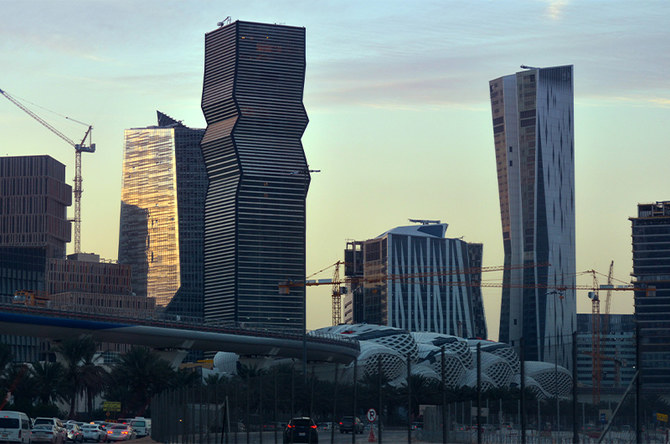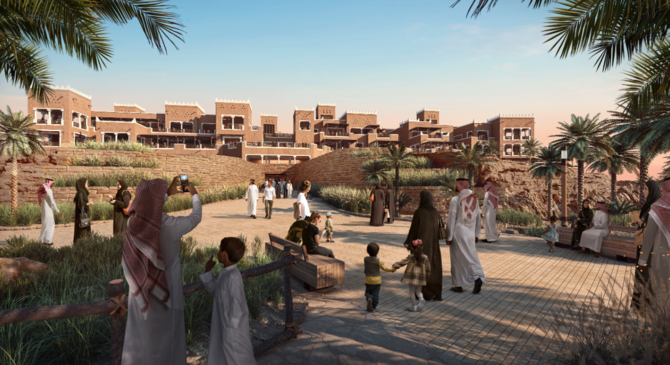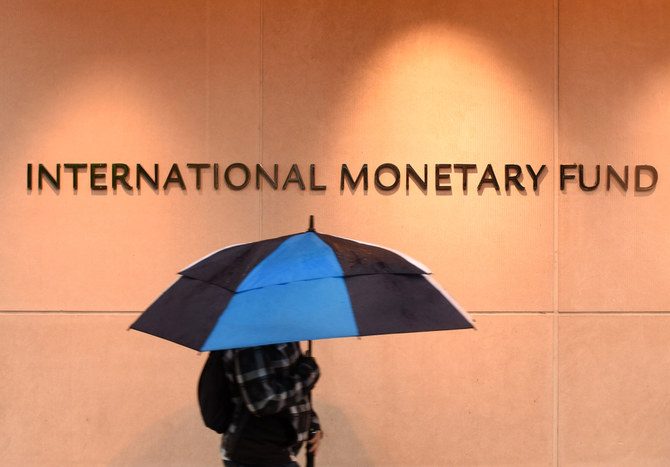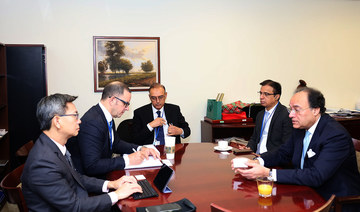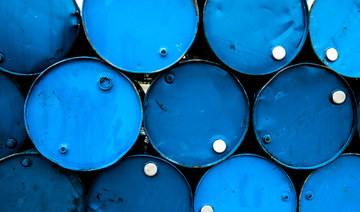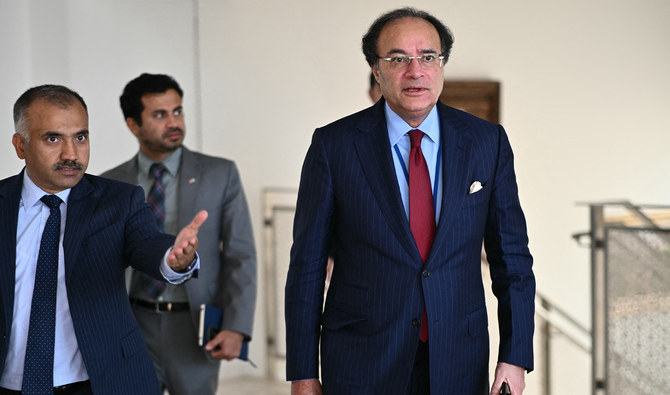DUBAI: Riyadh aims to more than double its population and become one of the 10 richest cities in the world under ambitious plans unveiled by Crown Prince Mohammed bin Salman at the Future Investment Initiative (FII) gathering in the Saudi capital.
“All of Riyadh’s features set the groundwork for job creation, economic growth, investment, and many more opportunities,’’ the Crown Prince told Matteo Renzi, former prime minister of Italy, during a panel session on the future of Riyadh.
“We are therefore aiming to make Riyadh one of the 10 largest city economies in the world. Today it stands at number 40, the fortieth largest city economy worldwide. We also aim to increase its residents from 7.5 million today to around 15-20 million in 2030,’’ he added.
Cities represent 85 percent of global economic activity, he said. “True growth begins in the city, whether in terms of industry, innovation, education, services, or other sectors. I have no doubt that the world economies are not based on nations, but on cities.’’
Riyadh represents about 50 percent of the non-oil economy in Saudi Arabia, and enjoys cost advantages over other urban centers. The cost of creating jobs in the city is 30 percent less than in other cities in the Kingdom, the Crown Prince said.
“The cost of developing infrastructure and real estate is also 29 percent less than the other cities, while the infrastructure in Riyadh is already very well (established) because of the sound management and planning performed by His Highness King Salman over a period of 55 years and more,’’ he added.
The Crown Prince also announced long-term plans for a greener and more-sustainable city. “This will entail planting millions of trees in the city to reduce temperatures and dust levels,” he explained. “There are also plans to improve the environmental condition of the city and the province, as well as supporting other environmental projects in the Kingdom of Saudi Arabia to be announced at a later date.”
Fahd Al-Rasheed, president of the Royal Commission for Riyadh City, told Arab News: “If you build those facilities, they will come.”
Khalid Al-Falih, the investment minister, said that a raft of business-friendly reforms would be enacted by the middle of this year.
The FII event, which attracted more than 10,000 registered attendees as well as millions more on social media, also heard that 24 multinational companies had signed up to establish their regional headquarters in Riyadh, including big names such as PepsiCo, Schlumberger, Bechtel and Boston Scientific, as well as fast-food chain Tim Hortons.
The Crown Prince also revealed that Saudi Aramco, the world’s biggest oil company, could stage a second offer of shares after its historic initial public offering just over a year ago.
“This will yield a cash flow (that will be) transferred to the Public Investment Fund to be reinvested domestically and internationally for the benefit of Saudi citizens,” he said.



